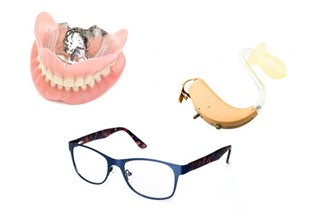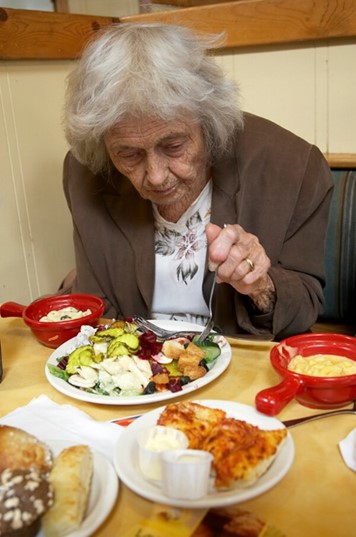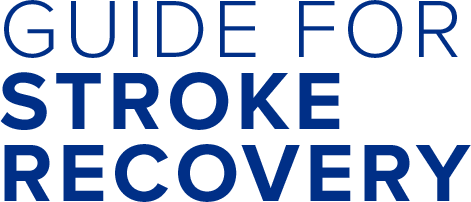How does a stroke affect the way I swallow?
A stroke can affect the muscles that help you chew and swallow.
This includes the muscles in your lips, tongue and throat.
Click here to see a video on how a stroke affects swallowing and tips on what can be done to help.
What are some common signs of trouble swallowing?
Some common signs are:
- Drooling
- Coughing, choking or throat clearing after eating or drinking
- Swallowing a few times for 1 mouthful
- Feeling of food stuck in throat when eating or drinking
- Holding food in the cheeks or back of mouth after swallowing on the weak side
- Taking a long time to finish a meal
- Many chest or lung infections (such a pneumonia)
For caregivers
Talk to your loved one’s healthcare team right away if you notice any of these signs. They can help manage this.
Are there exercises I can do to make my swallow stronger?
There are swallowing exercises that your Speech and Language Pathologist may recommend. Here are 3 different swallowing exercise videos:
- Video 1: How to make your swallow stronger
- Video 2: Keep the muscles in your mouth moving
- Video 3: Practice closing your wind pipe
How can I prepare for safe eating and drinking?

Put on all your daily aids including:
- Dentures
- Hearing aids
- Glasses
For the caregiver, help your loved one put on any aids they normally use.
Changing the feeding position
Sit up straight
- Before eating, sit up straight. If needed, use pillows to support them and to ensure they do not lean to their weak side when they eat. Your head should be slightly forward and your chin slightly down. This helps prevent choking.
Eat in a calm, quiet place

When you have trouble swallowing, it is safer to stay focused when you eat.
During your meal:
- Turn off the TV or radio
- Limit the number of people talking
Put everything within reach during meals
Make sure all your food and utensils (spoons, forks and more) are close to you.
For the caregiver, put everything within arms-length for your loved one so they can reach everything they need.
Face the person feeding you
If you need help eating, face the person feeding you. Sit with them at eye level.
For the caregiver, make sure the first bite or sip is swallowed before the next is given.
How can I eat safely?

Make foods easier to chew by changing the texture of the food and the thickness of drinks
- Puree or blend food
- Mash the food with a fork
- Cut food into tiny pieces
Your Speech-Language Pathologist will tell you how small or smooth each bite needs to be.
How can I drink safely?

Make things safer to drink by:
- Thickening drinks
- Replacing milk with pudding, replacing juice with apple sauce
Your Speech-Language Pathologist will let you know how thick your drinks need to be. They will also tell you how much thickener to use.
A Registered Dietitian can also:
- help you learn how to change food textures and drink thickness
- give you information about managing feeding tubes
If thin liquids are not safe, avoid ice cream, milk shakes, or Jell-O . These fluids melt into a thin liquid in the mouth.
What should I do after eating and drinking?
Make sure your mouth is empty
Using a mirror, look inside your mouth to see if there is any left over food, especially on your weak side – you might not feel it. Brush your teeth and clean your mouth well after each meal.
Stay sitting up for 30 minutes
Lying down right after eating might let any food left in your throat go into your breathing tube. Sitting upright will give you extra time to let it go down.
Having read the information in this section, consider the following
- Do I have trouble chewing or swallowing?
- Do I know ways to be safe when eating (for example: sitting up, clearing food from mouth)
- Do I need food softened, minced or pureed so I can swallow safely?
- Do I need drinks thickened so I can swallow safely?
- If I have a feeding tube, do I know how to manage it?
- For the caregiver:
- Do I know how to help my loved one if they need help with any of the above?
Where to get more information, help and support:
Pharmacies — You can buy thickening powder at your local pharmacy.
Swallowing clinics — You may be referred to a swallowing clinic for assessment of your swallowing by a Speech-Language Pathologist.
